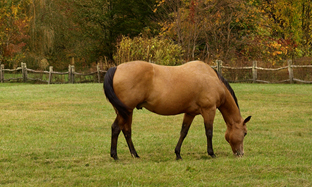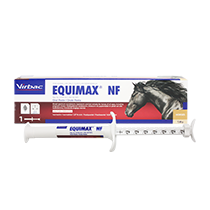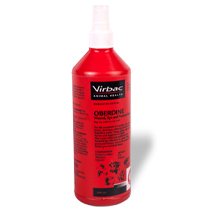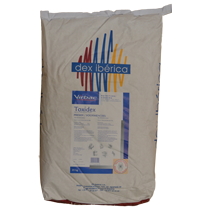
Horse mouth: know the particularities and detect teeth problems
Often neglected, horse dentition is the key element of his well-being. Many of the decreases in performance and many illnesses have for origin an affection of the oral cavity.
Here are some examples of signs that can be observed by the rider and that may be signs of dental appeals:
- Loss of state despite a preserved appetite: presence of parasites or irregular teeth preventing the horse from chewing properly. The food particles are not completely crushed, and the horse does not completely assimilate his ration.
- Loss of state with lack of energy in a horse from 2.5 years to 4.5 years: renewal of milk premolars making mastication more or less painful.
- Presence of unilateral discharge associated with sinus hypertrophy in a young horse: potential sign of persistence of lacteal tooth
- Sudden interruption of masticatory movements with more or less salivation and rejection of the most fibrous foods: presence of inter-dental cavities causing food stuffing and creating masticatory discomfort.
- Refusal of contact or increased unwillingness with the bit: presence of wolf teeth or pig teeth (teeth located before the 2nd premolar) and on which the jaw painfully abuts.
These teeth may only be present on one side, meaning only the work on this side will lead to increased horse resistance.
If supported early, these anomalies can be easily resolved for most, so it is essential to recommend a regular monitoring of the dentition by the veterinarian. With a careful examination (often performed under sedation), he will quickly be able to identify and treat any anomalies.





